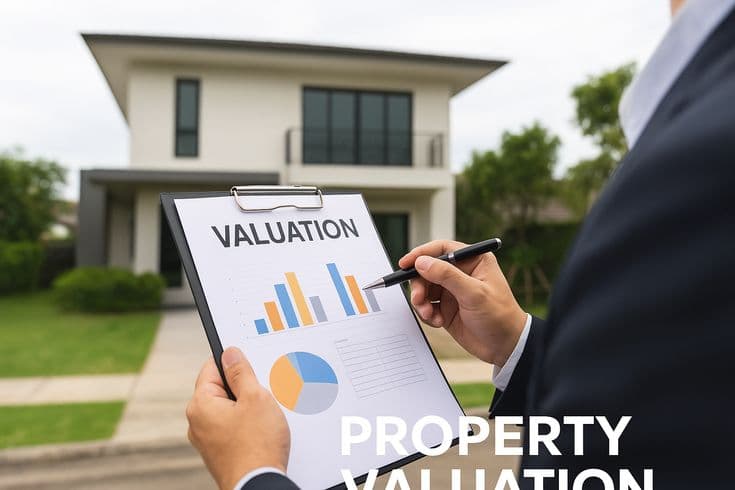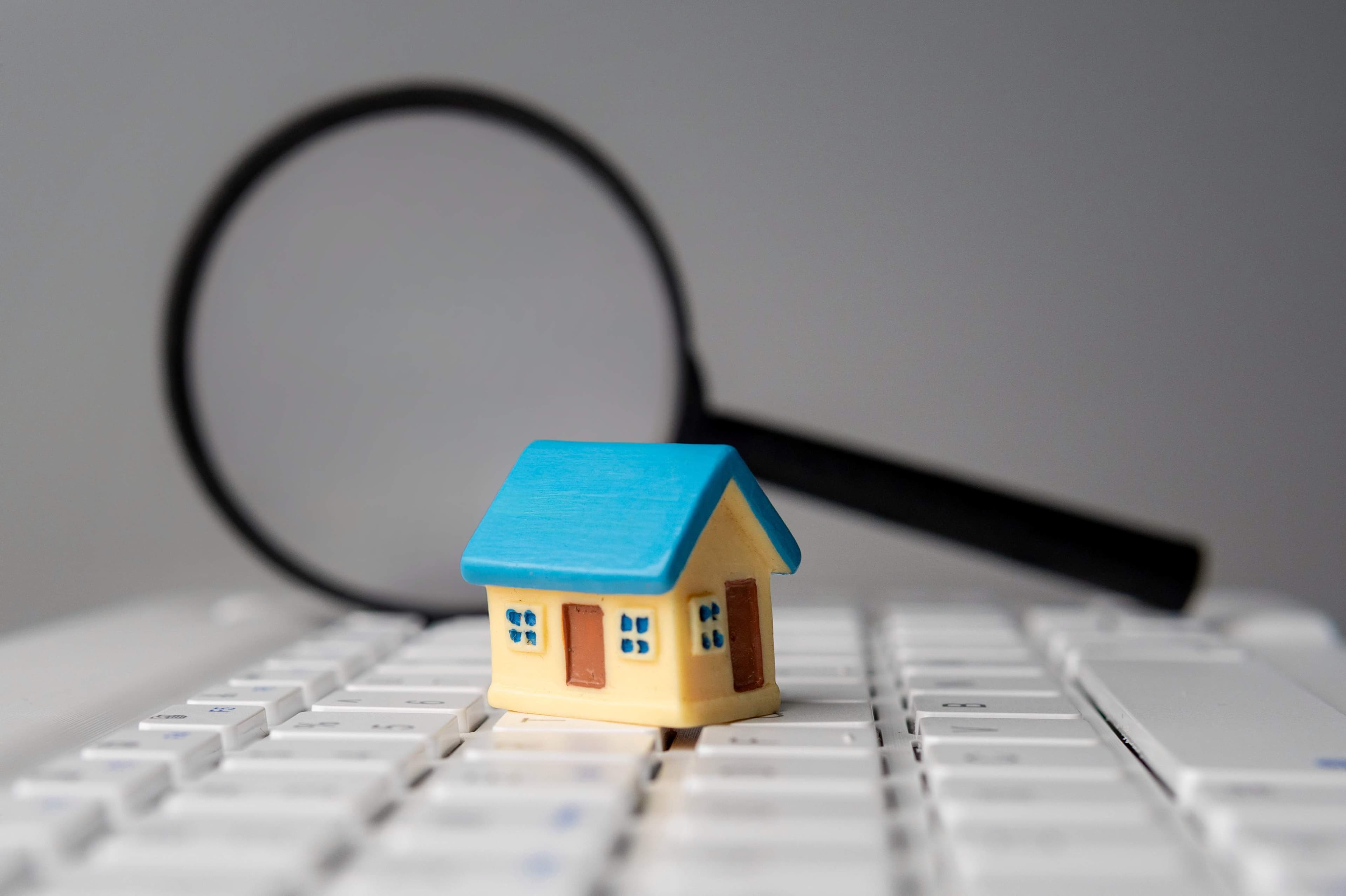The Dawn of Intelligent Property Valuation
Accurate property valuation is the bedrock of any sound real estate decision. In the UAE, a market characterized by rapid growth and diverse property types, getting the price right is paramount.
AI-powered valuation tools are transforming this critical process, replacing slow, subjective appraisals with instant, data-rich, and objective assessments that empower every stakeholder in the market.

The Mechanics of AI Valuation
AI valuation systems, or Automated Valuation Models (AVMs), work by analyzing thousands of data points simultaneously. This includes recent transaction prices, property size and layout, community trends, proximity to amenities, and even macroeconomic indicators.
Machine learning algorithms identify complex, non-linear relationships between these variables that human appraisers might overlook, resulting in a more holistic and accurate fair market value estimate.
Key inputs include: historical sales data from DLD, current listing prices, building age and quality, floor level and view premiums, community amenities and infrastructure plans.

Why AI Valuation Outperforms Traditional Methods
Speed: An AI valuation is generated in seconds, compared to days or weeks for a traditional appraisal.
Scale: AI can process data on every recorded transaction in a community, while a human appraiser relies on a handful of comparables.
Objectivity: AI eliminates the subjective bias that can creep into manual appraisals, delivering consistent and reproducible results.
Cost: Automated valuations are a fraction of the cost of a traditional appraisal, making them accessible for preliminary research and due diligence.

Practical Applications Across the UAE
AI valuation is being used across the property lifecycle in the UAE:
By Buyers: To verify asking prices and build strong negotiation cases.
By Sellers: To set competitive listing prices that attract serious offers quickly.
By Investors: To screen dozens of potential investments in minutes, identifying properties priced below fair market value.
By Banks: To streamline mortgage underwriting and assess collateral value with greater confidence.

Embrace the Valuation Revolution
AI-powered property valuation is no longer a futuristic concept; it is the present-day standard for informed decision-making in the UAE. Its speed, accuracy, and objectivity make it an indispensable tool for anyone in the market.
Leverage platforms like Hayy.AI to access instant, reliable property valuations and make your next move with confidence.
Ready to experience AI-powered real estate?
Discover how Hayy.AI can transform your property search, investment analysis, and market intelligence.
Explore Hayy.AI →